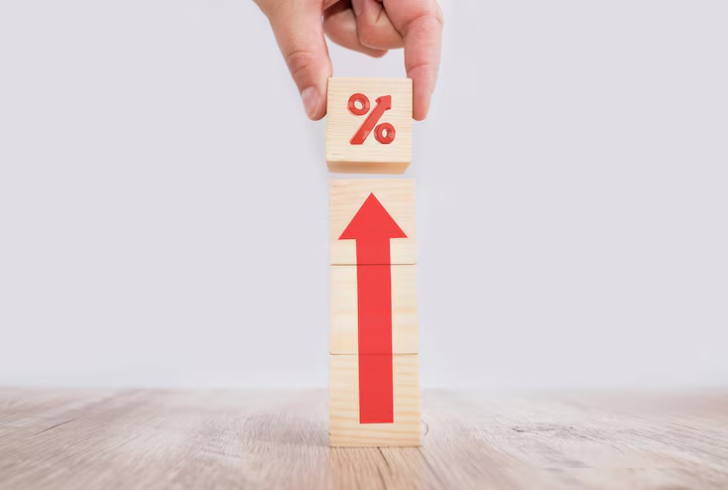Think of the American economy as a vibrant town square – full of life and small businesses. Now picture a dark storm cloud gathering overhead, casting a shadow and threatening to stall all that activity. That’s the potential effect a government shutdown could have on America’s economic engine – the very heart of our everyday lives, just like Main Street.
While a recent short-term funding deal offers temporary relief, the threat of a shutdown lingers. Like the iconic “This is your brain on drugs” public service announcements, a government shutdown has a detrimental effect on the economy. The longer it lasts, the deeper the damage.
Here’s a glimpse into how a government shutdown could disrupt the very foundation of our economic well-being, especially for small businesses:
1. Loan Crunch

Freepik | tania.kitura | A government shutdown may cause a downgrade, increasing government borrowing costs and loan interest.
The U.S. government boasts a AAA credit rating, the highest possible score. A shutdown could lead to a downgrade, making it more expensive for the government to borrow money. This domino effect ripples through the entire financial system, including interest rates for loans.
Small businesses, the backbone of the American economy, rely on loans for growth and operation. With a shutdown, securing funding becomes more challenging. Even loans backed by the Small Business Administration (SBA), known for their affordability, become pricier due to the tightening market conditions.
2. Credit Markets Clamp Down
Remember the financial turmoil in Argentina and Greece? That’s a cautionary tale for the U.S. if a shutdown leads to debt default. Credit markets seize up, and banks become more selective, prioritizing established businesses with pre-existing relationships. This leaves small businesses, especially those in underserved communities, struggling to access funding – a severe blow to their survival.
3. Challenges in Managing Business Expenses

Freepik | jcomp | Government shutdown leads to higher interest rates on business and personal credit cards.
Many small business owners leverage personal credit cards to manage cash flow and expenses. Government shutdown means higher interest rates across the board on both business and personal credit cards. This translates to less capital available for small businesses, potentially pushing them deeper into debt.
4. Delayed Payments
The U.S. Treasury works tirelessly to meet its obligations, including crucial payments like Social Security, but a government shutdown can abruptly halt over 40% of these payments. This has a domino effect on small businesses.
Consumers with a sudden dip in income may cut back on spending, impacting business revenue. Additionally, business owners and employees facing financial hardship may struggle to manage their own expenses, impacting their ability to contribute to the local economy.
5. Stock Market Plunge

Freepik | standret | Forecast suggests a potential one-third drop in stock prices during a shutdown.
Moody’s, a credit rating agency, predicts a potential one-third drop in stock prices during a shutdown. This translates to a staggering $15 trillion loss in household wealth. Small business owners face a double whammy – their retirement savings dwindle, and consumer spending plummets as people tighten their belts. Additionally, a decline in the value of larger public companies makes it harder for small businesses to integrate into their supply chains.
A Government Shutdown Spells Trouble for Main Street
A government shutdown is a recipe for economic instability, particularly for America’s small businesses. From limited access to loans and higher credit card rates to a potential stock market plunge and delayed government payments, the consequences can be severe.
By working towards a stable and predictable budget, Congress can prevent a shutdown and safeguard the economic health of Main Street, ensuring a thriving environment for small businesses to grow and contribute to our nation’s prosperity.










